The filmography of Christopher Nolan is a tapestry of intricate storytelling, mind-bending concepts, and epic narratives that have captivated audiences around the world. From his early works to his most acclaimed films, each entry in his portfolio offers a unique cinematic experience. Let’s explore the films by Christopher Nolan, ranked from least impressive to most exceptional while evaluating their themes, strengths, and impact on the audience.
12. Following (1998)
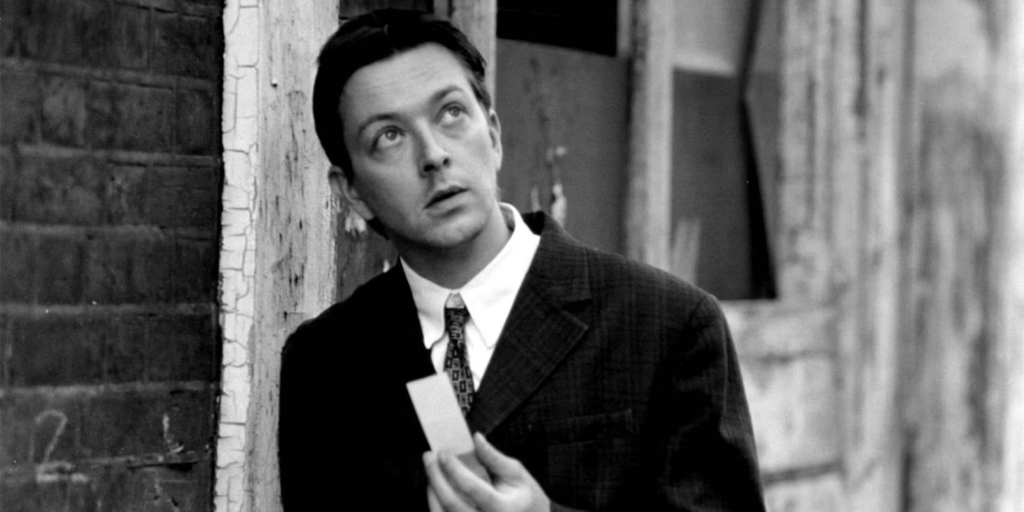
“Following” marks Christopher Nolan’s debut as a filmmaker, and while it may not have the grandeur of his later works, it showcases his budding talent and creative vision. Shot in black and white on a shoestring budget, the film follows a young writer who becomes entangled in the world of petty crime, blurring the lines between reality and fiction. With its non-linear storytelling and crisp cinematography, “Following” displays the early signs of Nolan’s directorial prowess, setting the stage for his future achievements.
11. Tenet (2020)
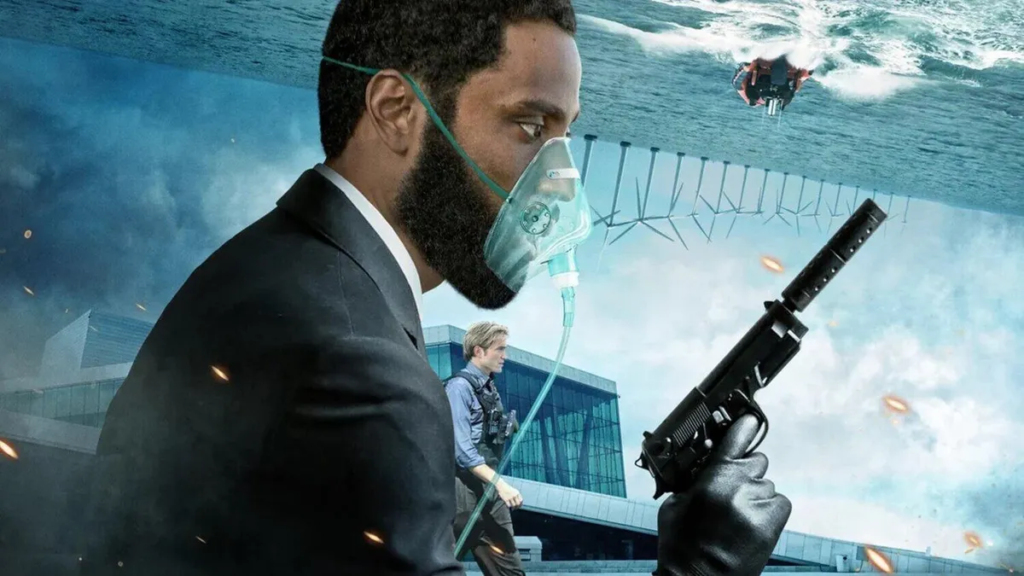
In “Tenet,” Nolan ventures into the realm of time inversion, crafting a visually stunning and complex narrative. The film follows a CIA agent as he unravels a mind-bending conspiracy involving the manipulation of time. While “Tenet” features impressive action sequences and an intriguing concept, its intricate plot can be challenging to follow, leaving some viewers feeling bewildered. Despite this, the film’s visual spectacle and John David Washington’s compelling performance make it a noteworthy entry in Nolan’s filmography.
10. Interstellar (2014)
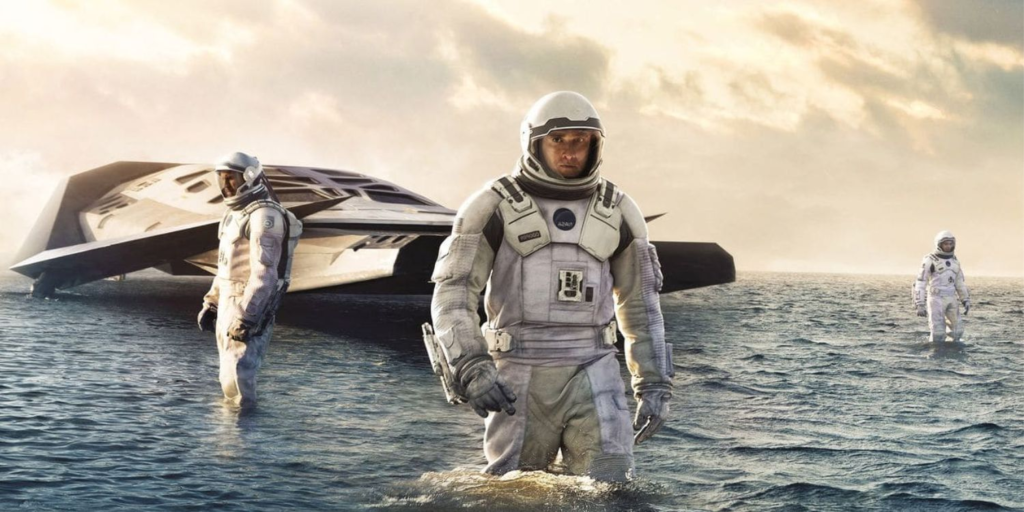
“Interstellar” takes audiences on a cosmic journey through space and time, exploring the future of humanity on an imperiled Earth. Matthew McConaughey delivers a heartfelt portrayal of a pilot-turned-farmer tasked with leading a mission to find a habitable planet. The film juxtaposes scientific accuracy with emotional depth, culminating in a poignant tale of sacrifice and love. Though visually awe-inspiring, “Interstellar” has been criticized for its ambitious scope, occasionally straying into sentimentality.
9. The Dark Knight Rises (2012)
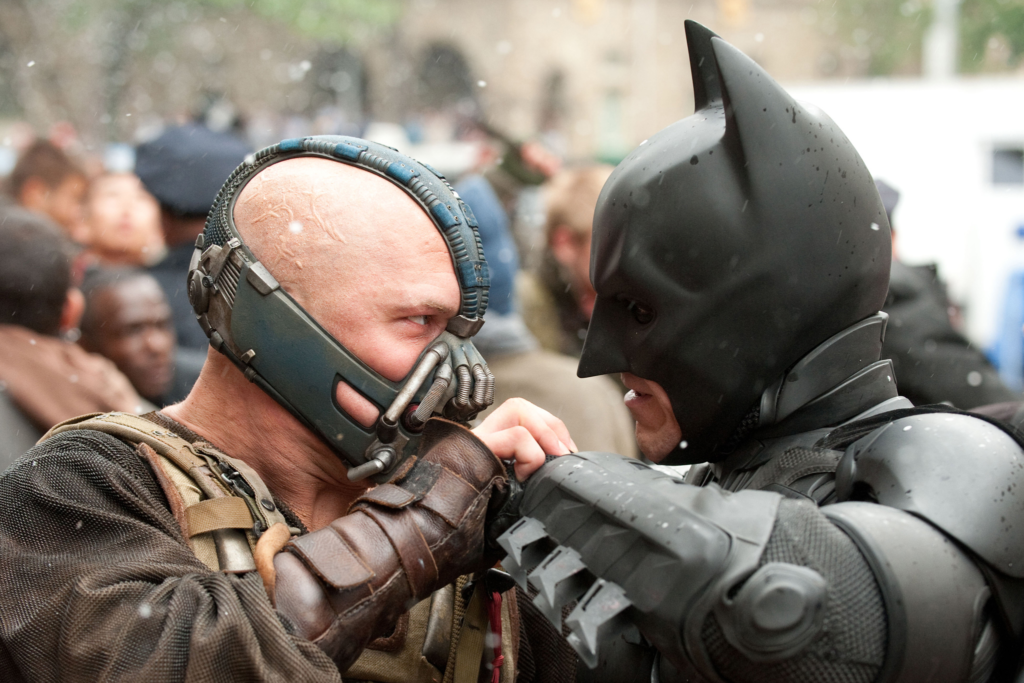
As the conclusion to Nolan’s Dark Knight trilogy, “The Dark Knight Rises” faces the daunting task of following up its critically acclaimed predecessor. Christian Bale’s portrayal of Batman remains compelling, but the film’s main antagonist, Bane (played by Tom Hardy), does not match the impact of Heath Ledger’s Joker. While the movie delivers impressive action sequences and emotional moments, it occasionally suffers from pacing issues and a less captivating villain, making it a weaker installment in the trilogy.
8. Insomnia (2002)
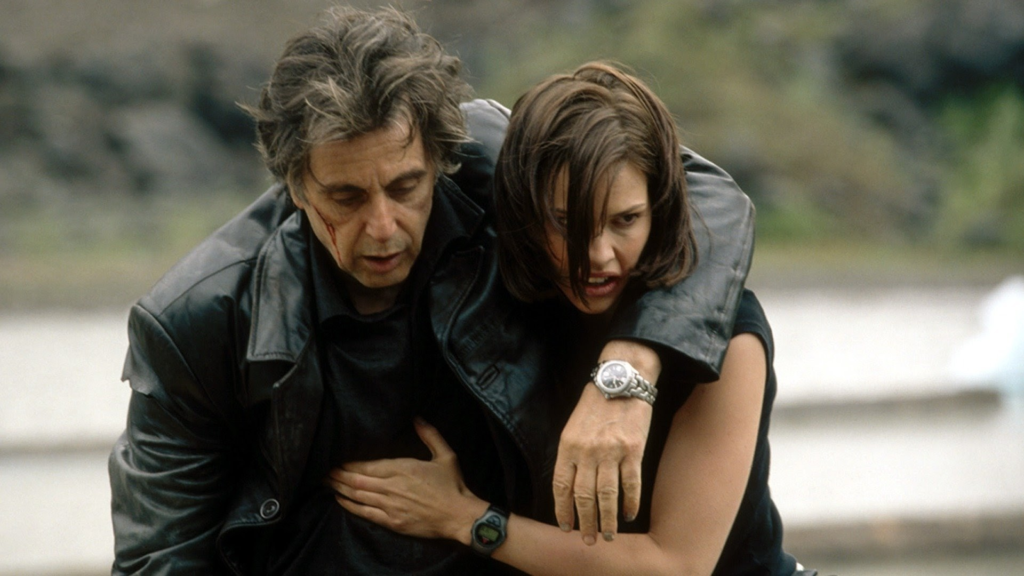
“Insomnia” marks Nolan’s first major studio film, a remake of the acclaimed Norwegian thriller. Al Pacino stars as a detective investigating a murder in a remote Alaskan town, where the sun never sets. The film’s moody atmosphere and Pacino’s mesmerizing performance elevate the psychological tension, creating an engrossing crime drama. Despite its engaging narrative, “Insomnia” stands as a slight deviation from Nolan’s typical style, focusing more on traditional storytelling and less on his signature intricacies.
7. Inception (2010)
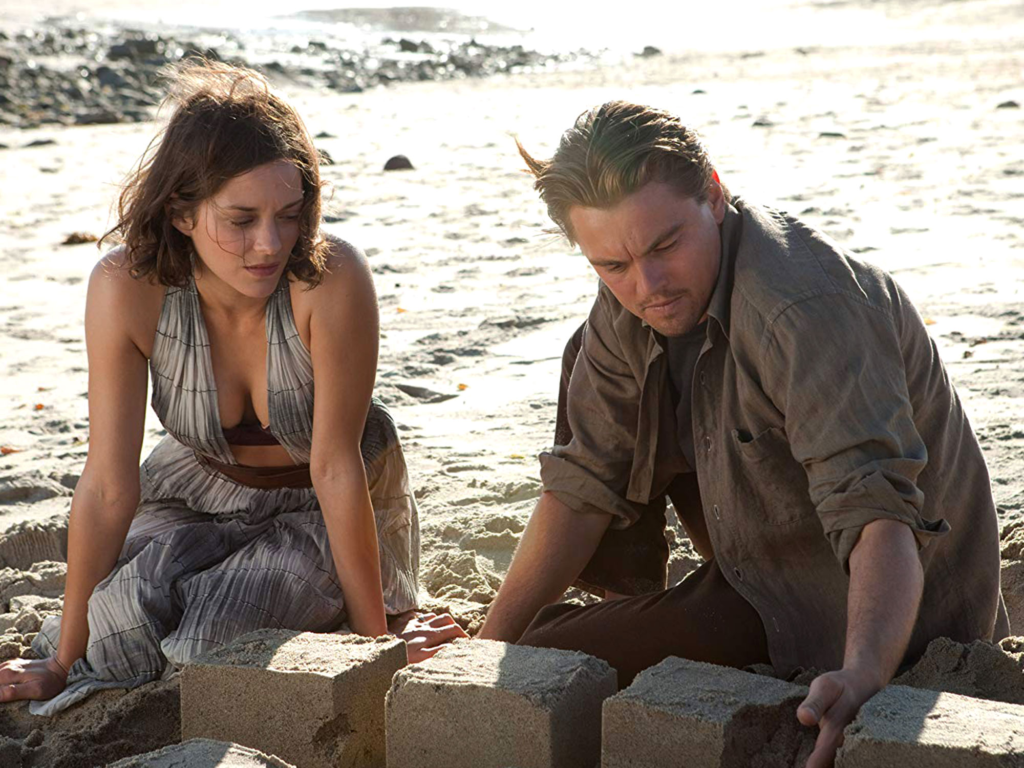
Considered one of Nolan’s most celebrated works, “Inception” explores the concept of shared dreaming and the extraction of secrets from a person’s subconscious. Leonardo DiCaprio leads a stellar cast in a cerebral heist thriller, weaving together complex layers of reality within dreams. “Inception” dazzles with its visual effects and action sequences while delving into themes of guilt, grief, and redemption. Although the film has been praised for its innovation, its complex narrative can be polarizing, challenging viewers to piece together the intricacies of the plot.
6. Batman Begins (2005)
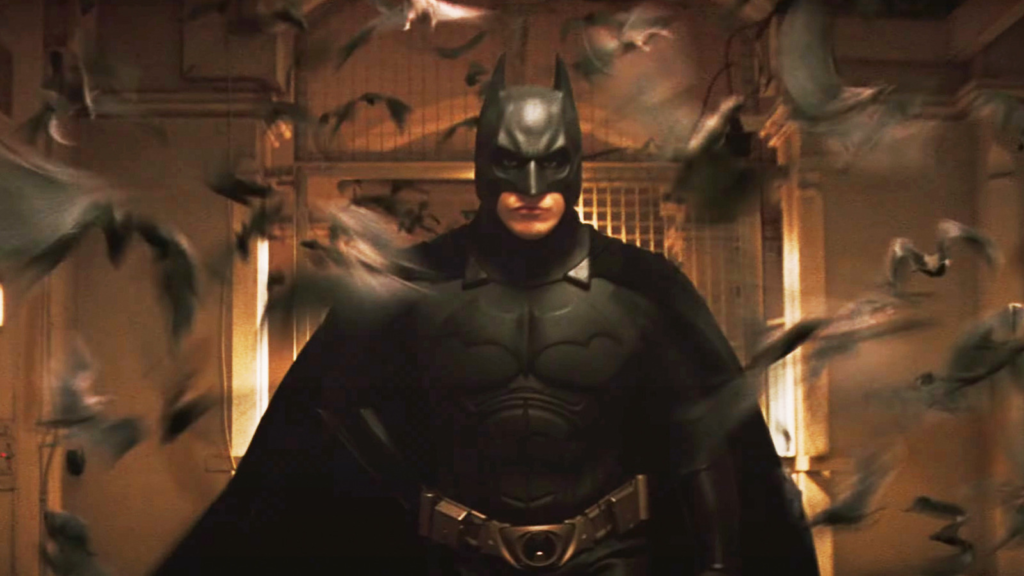
With “Batman Begins,” Nolan reimagines the iconic superhero origin story, delving into the psychological journey of Bruce Wayne as he transforms into Batman. Christian Bale delivers a nuanced portrayal of the Dark Knight, balancing his dual identity with depth and intensity. The film revitalizes the Batman franchise with its gritty realism, showcasing Nolan’s ability to ground the superhero genre while preserving its comic book essence.
5. The Prestige (2006)
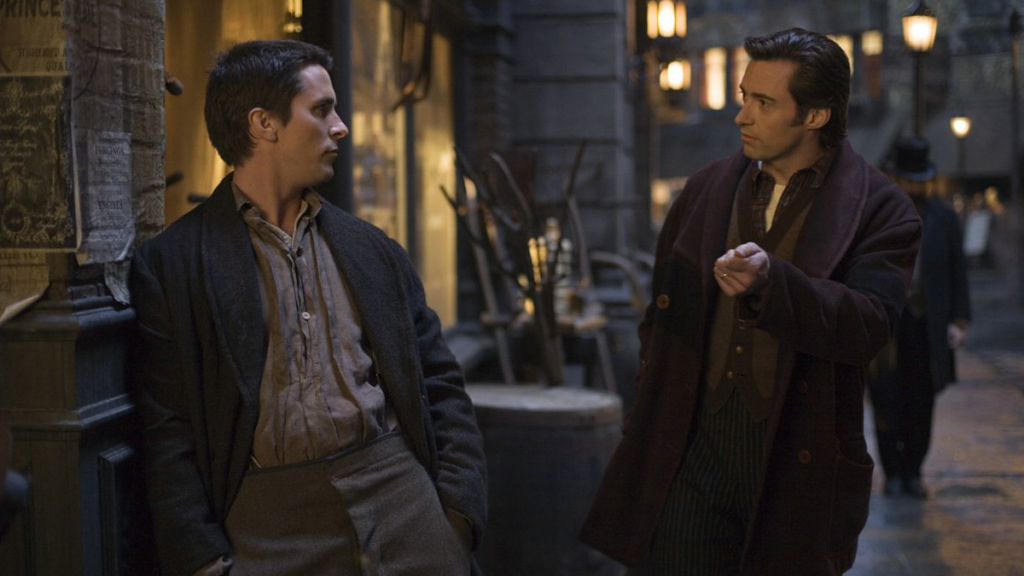
“The Prestige” explores the competitive world of magicians in Victorian-era London, as two illusionists engage in a relentless battle of wits and trickery. Christian Bale and Hugh Jackman deliver captivating performances as they seek to outdo each other’s magical feats. Nolan expertly crafts a narrative that keeps the audience guessing until the final twist, blending mystery and psychological drama into a compelling and immersive experience.
4. Dunkirk (2017)
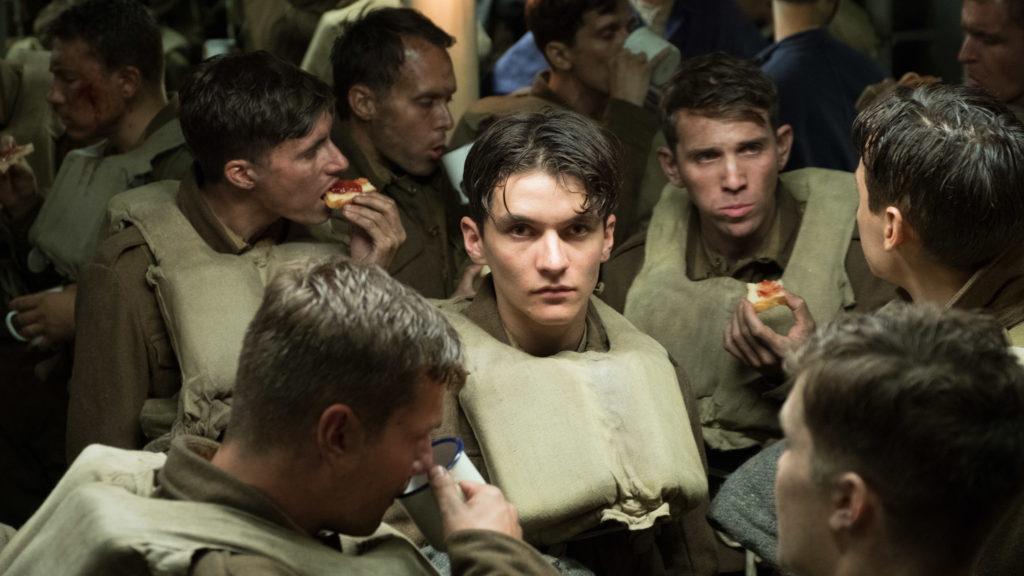
“Dunkirk” transports viewers to the harrowing events of the World War II evacuation at Dunkirk. The film unfolds from three perspectives – land, sea, and air – creating a visceral and immersive war experience. Nolan’s direction, combined with Hans Zimmer’s evocative score, amplifies the tension and urgency of the situation, making “Dunkirk” a gripping and visceral cinematic triumph.
3. Oppenheimer (2023)
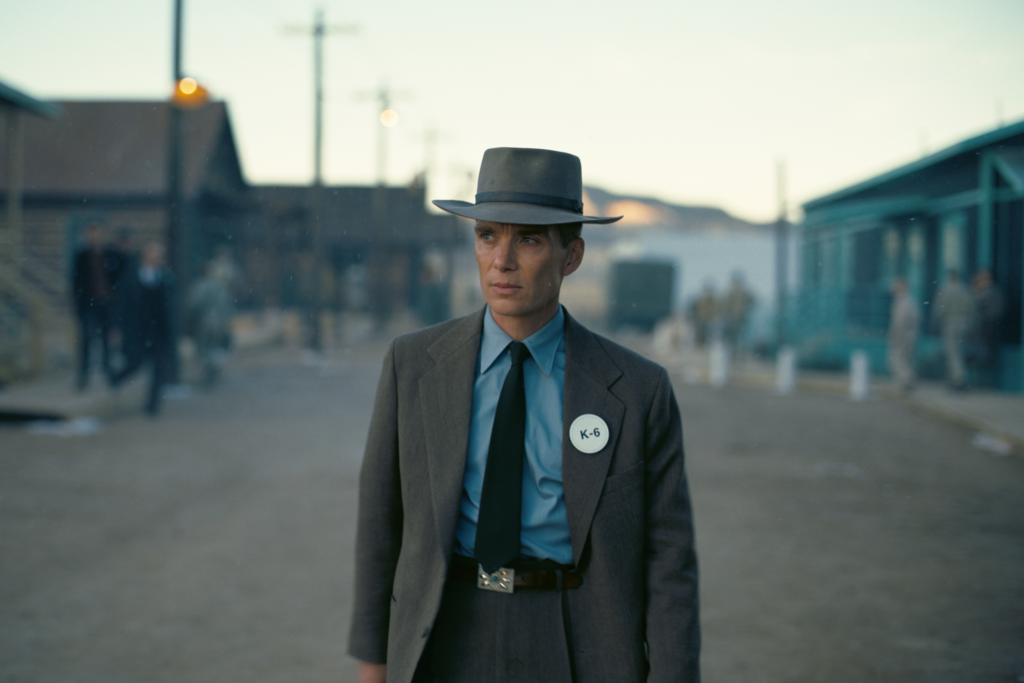
“Oppenheimer” offers a captivating exploration of J. Robert Oppenheimer’s life and his role in creating the atomic bomb. Cillian Murphy’s portrayal of the brilliant scientist sets the stage for a psychological drama that delves into the complexities of Oppenheimer’s character and the moral dilemmas he faced. The film promises to be a thought-provoking journey into one of the most significant events in history.
2. Memento (2000)
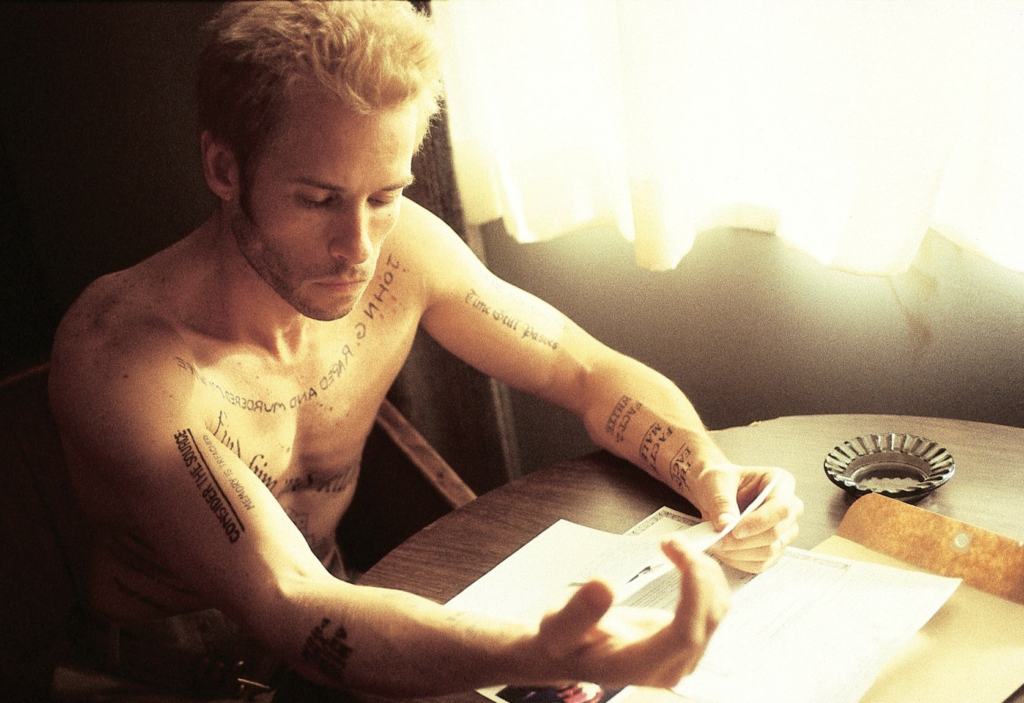
“Memento” remains a landmark film in Nolan’s career, with its unique narrative structure and compelling performance by Guy Pearce. The film follows Leonard, who suffers from short-term memory loss, as he attempts to solve his wife’s murder. Presented in reverse order, the story unfolds in fragments, reflecting Leonard’s fractured memory. “Memento” is a haunting and thought-provoking thriller, leaving audiences mesmerized by its exploration of identity and the nature of truth.
1. The Dark Knight (2008)
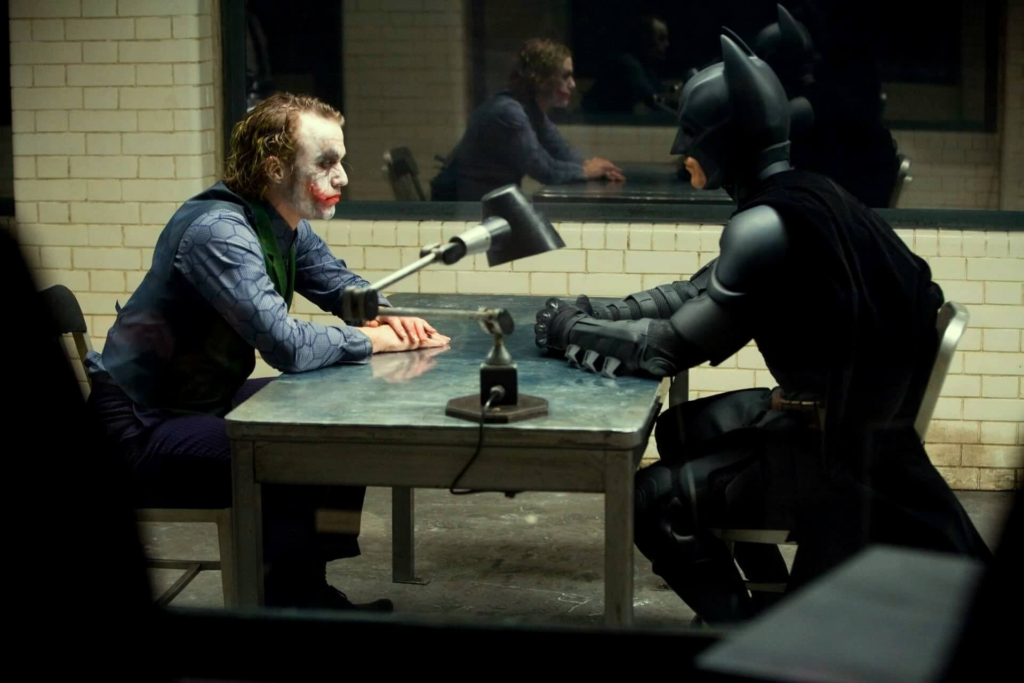
“The Dark Knight” stands as Nolan’s magnum opus, transcending the superhero genre and redefining the modern blockbuster. Heath Ledger’s iconic portrayal of the Joker remains etched in cinematic history, elevating the film to new heights. The movie delves deep into themes of chaos, morality, and heroism, presenting a dark and morally complex tale. With its tense storytelling, complex characters, and groundbreaking performances, “The Dark Knight” remains an unparalleled cinematic triumph, solidifying Nolan‘s legacy as a visionary filmmaker.
